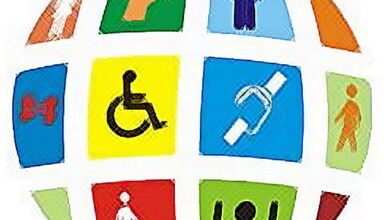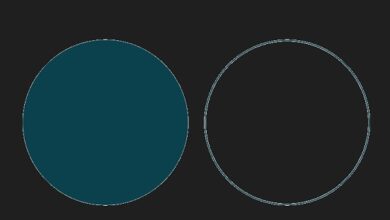Difference between addiction and dependence Similarities and FAQs
Addiction and dependence
In this article we will provide you the Difference between addiction and dependence Similarities and FAQs.
What does addiction mean
Addiction is a state of physical or psychological dependence on a substance, activity or behavior . These behaviors usually generate immediate pleasure and satisfaction, but in the long term they produce significant problems in the individual’s life. The addict is forced to continue using/performing said activity to avoid the unpleasant symptoms caused by withdrawal (withdrawal). In this way, excessive use of a substance produces chemical changes in the brain that lead the individual to compulsively seek that which provides pleasurable effects. Addiction can be successfully treated through individual and/or group therapies .
What does dependence mean?
dependence refers to a relationship, where one person or entity is dependent on the resources and services provided by another . This refers to both physical and emotional needs. For example, if there is someone who depends on the work of another person to survive, it is said that they are dependent . Likewise, a young child may be emotionally dependent on her parents to feel loved and protected. A dependence relationship means fully trusting the other to satisfy some basic needs.
Similarities Between Addiction and Dependence
Addiction and dependence are interrelated concepts . Both are characterized by the abuse of a substance or behavior, which causes serious consequences in the life of the addict or dependent. The difference is that a person with addiction experiences intense and uncontrollable desires to consume what they are addicted to, while dependence is a physical need to remain under the effects of what they are becoming dependent on. In both cases, developing healthy habits and having emotional support are essential to overcome situations.
Differences between addiction and dependence
Addiction , broadly speaking, refers to a compulsive need to use a substance or perform a behavior . This can include things like alcohol, drugs, gambling, or pornography. dependence, on the other hand, is much more than just acquiring habits; involves deep-seated feelings of need and dependence to function normally. In both situations there are negative physical and emotional consequences associated with excessive substance use or other behaviors. However, with dependence the symptoms are even more intense and disabling to maintain healthy relationships and live without additional stressors.
Frequent questions about addiction and dependence
What is an addiction?
An addiction is a disease that causes someone to feel the need to use drugs or alcohol, or perform certain behaviors despite the harmful consequences to themselves and others. This can include things like compulsive gambling, watching pornography, drinking excessive alcohol, and even using illegal drugs. People with addictions also often have trouble controlling their behaviors and maintaining healthy relationships with others.
What is addiction and examples?
Addiction refers to a pattern of compulsive and persistent use of a drug, substance or behavior that causes harmful effects on health and well-being. Examples include drug addictions (such as heroin, cocaine, or opiates), alcohol, gambling, compulsive shopping, and sex addictions.
What is addiction according to psychology?
Addiction is a mental health disorder characterized by the compulsive and involuntary use of substances or behaviors with the aim of obtaining pleasure, relieving anxiety, or avoiding certain unpleasant situations. This behavior can become a problem when it causes negative consequences in the individual’s life and personal relationships.
What is dependence?
A dependence is a relationship between two or more people, groups, organizations or objects in which one of them is subordinate to the other. In general terms, it refers to the need of each party to satisfy its own needs by meeting the requirements and expectations of the other.
What is dependence and examples?
dependence is a relationship between two or more things in which one thing cannot exist without the other. For example, water and living beings are completely dependent. Without water, living things could not survive. Another example of dependence is air and plants; without air, the plants would simply die.
What are the types of dependence?
The dependence types are: 1. Functional dependency: a dependent entity is related to its parent entity through one or more shared attributes.2. Identifying dependence: when the primary key of a parent entity is used as a foreign key in the child entity to identify the unique record in the child table.3. Transitive dependencies: when creating indirect relationships involving three or more tables, where there are multiple direct and indirect relationships between the fields involved.




